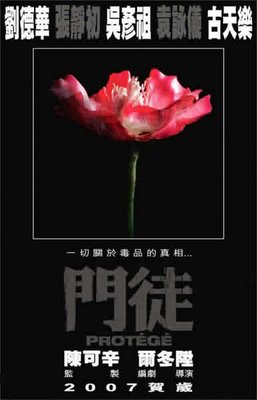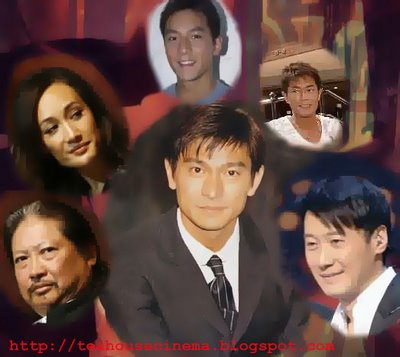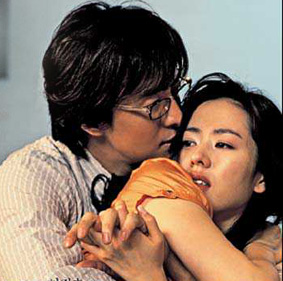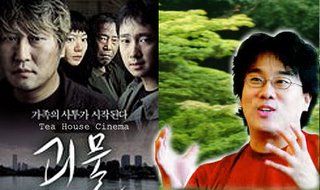News on Big Screee
"Prince of Himalaya" is another Chinese production based on the tragedy Hamlet, by Shakespeare. Set in the ancient Tibet, Prince of Himalaya is actually closer to the original story than The Banquet (Feng Xiaogang's), another big chinese production.
Co-written and directed by filmmaker Sherwood Hu (Lanling Wang), it is shot in Tibet with a full Tibetan cast, speaking Tibetan throughout the film. The prince is played by first-time young actor Pubajia, who was discovered by the director at a bar in Jiuzhaigou, located in the southwestern Chinese province of Sichuan. Director Hu later sent Pubajia to Shanghai Theater Academy and paid his tuition. The prince's uncle is played by Duobujie (The Mountain Patrol).
After the Election, the Exile...
Hong Kong director Johnnie To's stylish new action film is Exiled, a 40 million yuan project, a loosely related sequel to To's earlier film The Mission: Exiled.
Cast members includ Anthony Wong, Francis Ng, Simon Yam, Nick Cheung and Richie Jen. The creator of the two 'Election' movies returns with a technically accomplished, highly entertaining gangster drama. Set on the eve of Macau's handover to China in 1999, the film opens with a 20-odd-minute scene that is a self-contained masterpiece. This new work is less complexly plotted and lighter on social criticism than Election and its sequel. As usual, it mixes tragedy and deadpan comedy into a highly entertaining, action-packed,and darkly comic gangster flick.
The Chinese film After This Our Exile, a family drama by director Patrick Tam, stars Charlie Yeung and Aaron Kwok, who plays father for the first time. The actor had won Best Actor at last year's Golden Horse Awards for the movie Divergence.
Charlie Yeung and Aaron Kwok play an on-again, off-again couple with a son. The plot focuses on the awkward relationship between father and son after the mother abandons the family. The two leads have both been nominated for Best Actor and Best Actress awards at the 1st Rome Film Festival.







